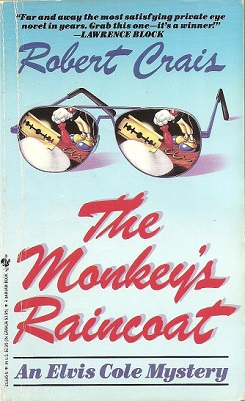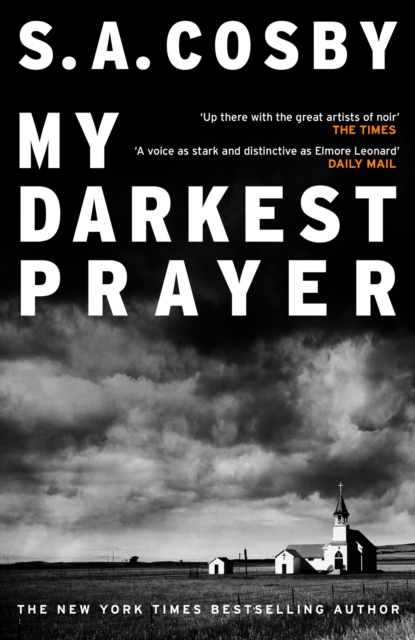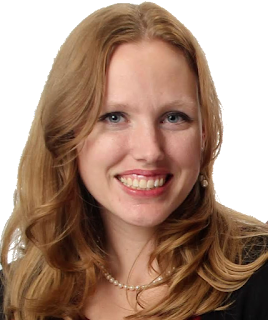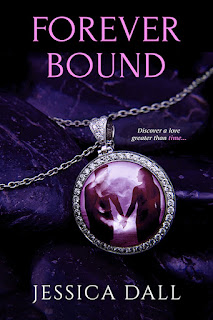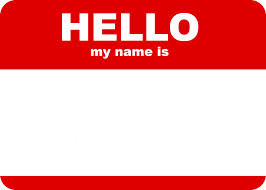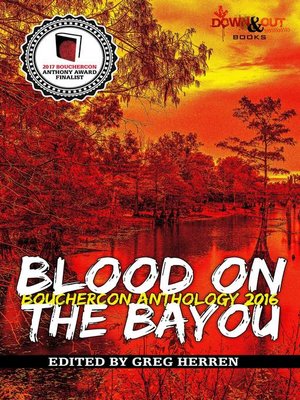If you write mystery, there's a good chance you write a series with a continuing character. People may even refer to your books by that character's name: Jack Reacher, Stephanie Plum, the Hardy Boys (Would that series have survived if they'd been called the Sickly Boys?).
Your character is your brand, so you have to give him, her, or them a memorable and evocative name to help readers remember it. Sometimes, I don't find the right name until I'm struggling with the fourth or fifth draft, and I may change it several times before I find the one that sticks.
Yes, you can be symbolic, like Faithful in
The Pilgrim's Progress or Scout in
To Kill a Mockingbird. For years, I've said the ultimate victim name, especially in a book about a con game, is Patsy. Allusions are good shorthand, too, like naming a lover Romeo or a martyred character Jesus or Santiago. But symbolism and allusion get pretentious quickly, and then you have to go for the ordinary without succumbing to the mundane.
Postcards of the Hanging, originally my sixth-year thesis/project at Wesleyan University under a different title, teems with symbolic names because I was using it to show that I'd read the classics along the way. I thought I was heavy-handed about it, but nobody--including my adviser--has ever mentioned them.
Maybe a lyrical or pretty name--I know, that's subjective--or very unpleasant. Flannery O'Connor's protagonist in "Good Country People" calls herself Hulga because she wants to sound ugly. The name almost rhymes with the adjective. And what does that tell us about her as a person? Naming dictionaries for babies abound, and some of them sort the names by gender, language of origin, culture, or meaning. Pay attention to sounds, too.
Many heroic characters have short names with strong consonants. Shane, Sam Spade, Shell Scott (Shell suggests a bullet or armor, too), Joe Pike or Carlotta Carlyle. Sara Paretsky's V.I.--Victoria Iphegenia--Warshawski gives us an interesting rhythm and a fully-realized symbolic and allusive name. Victory and a sacrifice in one person.
I keep a spreadsheet with all the names I've used for novels and short stories. It serves two purposes. First, if I want to return to a location in a later book, I can check on the characters who were there quickly (My fourth Zach Barnes novel returned to a setting from the second book, and several of the characters showed up again) and easily.
The second reason is to be sure I don't repeat a name or sound too often. Left to my own devices, most of my characters would have names starting with "M." Don't ask me why, but in various drafts of the Guthrie series, my main characters were Morley, Maxwell, and Megan Traine. I eventually changed Morley (My great aunt's married name and sounding like "morally") several times, and Maxwell became a supporting character who shows up less often now, replaced by Eleanor "Shoobie" Dube. Megan is still my female lead, and more about her later.
When I find the right name, I know how and why the character has it, too. Taliesyn Holroyd in
Who Wrote the Book of Death? is a man writing romance under the pseudonym, and Taliesyn is an over-the-top romantic name. It's also originally King Arthur's male bard, so it suggests the gender, too, even though most people wouldn't notice that. It was my ninth choice for the character and occurred to me while I listened to an old Deep Purple CD in my car: The Book of Taliesyn...
Zach Barnes became the protagonist in the revised edition of that book and the ensuing series. I had him in an unsold Detroit series, too, and changed his name in that first book with a global edit to save time. He became Greg Nines, but I didn't like the softer consonants as well. Neither did readers who told me so on my website. Besides, spellcheck went crazy because it interpreted "Nines" as plural.
Blood On the Tracks introduces my Detroit PI Elwood Christopher Guthrie (My daughter pointed out that "Elwood" suggests the Blues Brothers and Guthrie
does play guitar). Over the course of 115 rejections and subsequent revisions, he was Rob Daniels, Erik Morley, Zach Barnes (see above), and at least one other name I no longer remember. Now he goes by Chris, but everyone else calls him "Woody," which is fine because of the guitar-playing. Megan Traine, his companion, is smart, feisty and gorgeous, and her name rhymes with the name of my high school classmate, the female session musician in Detroit who inspired her character in the first place.
Zach Barnes got traded to my Connecticut series, and he often encounters two Hartford police officers. One is Tracy Hendrix. His grandfather admired actor Spencer Tracy, and his father liked Jimi Hendrix enough to change the spelling of his own last name. When he played high school basketball, Tracy had a bad mouth that led people to call him "Trash." His detective partner is Jimmy Byrne, and the other cops call the duo "Trash and Byrne."
Trash and Byrne star in
The Whammer Jammers, a crime novel built around roller derby, in which I gave all the skaters a rink name that suggests what they do in the "real world." That got to be far more fun than it should have been.

Grace Anatomy is a physical therapist. Roxie Heartless is a divorce lawyer. Goldee Spawn is an OB/GYN. Tina G. Wasteland (Hendrix's girlfriend) is a social worker. Annabelle Lector is a nutritionist. The bank president from the Deep South is Denver Mint Julep.
That book's sequel is
Hit Somebody, due out next week, and it continues the joke/conceit. The announcer at events is Lee Da Vocal.
I've added twin sisters who run a bake shop, and their names are Raisin Cain and Ginger Slap. The original Ginger Slap works out at my health club and gave me permission to use her name when I told her how much I liked it. There is even a data base of all roller derby names: duplicating a name is a serious no-no, akin to a circus clown copying another clown's make-up design.
My daughter, once the captain of the Queen City Cherry Bombs in New Hampshire, likes to bake.
Roller Girl (check it out, it's terrific), skates on the West Coast as Winnie the Pow. Who says you can't make this stuff up?
Her rink name was Hazel Smut Crunch. And Victoria Jamieson, who wrote the Newbery Award YA graphic novel
My roller derby books have that Greg Nines problem again, too. Tina G. Wasteland's real name is Tori McDonald, and spellcheck thinks "Tori" is the plural of "Torus."
It could be worse. When I bought my first computer decades ago and worked on a mythology unit for my classes over the summer, that primitive spellcheck flagged the name Achilles and suggested the alternate: asshole.
How do
you come up with names?
![]()

